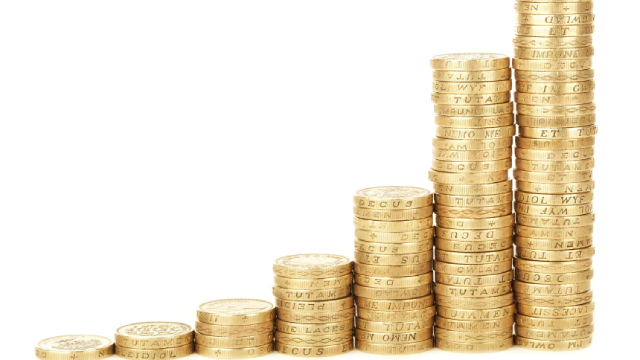The Rollercoaster Ride of the Stock Market in 2020: Volatility, Uncertainty, and Recovery
The year 2020 has proven to be a challenging one for the stock market. After reaching record highs in early February, the market experienced a sudden and sharp decline due to the onset of the COVID-19 pandemic. This downturn was one of the fastest and most significant in history, with the S&P 500 index losing nearly 34% of its value in just over a month.
The Market Drop: Causes and Consequences
The market drop in late February and early March was primarily driven by fears of a global economic slowdown due to the pandemic. As businesses closed and travel came to a standstill, investors began to sell off stocks in droves, causing the market to plummet. The uncertainty surrounding the virus and its impact on the economy led to widespread panic and fear.
The Market Rally: A Surprising Turnaround
Despite the initial market drop, the stock market has since experienced a remarkable recovery. Beginning in late March, the market began to rebound, with the S&P 500 index gaining back nearly all of its losses by early June. This rally was driven by a number of factors, including record-low interest rates, massive government stimulus packages, and improving economic data.
The Impact on Individuals
For individual investors, the volatility of the stock market in 2020 has been a double-edged sword. Those who held onto their stocks through the downturn and the subsequent rally have seen significant gains. However, many investors who sold during the market drop missed out on the recovery and may have missed an opportunity to recoup their losses. It is important for individual investors to have a long-term investment strategy and to avoid making hasty decisions based on short-term market fluctuations.
- Those who held onto their stocks have seen significant gains.
- Individuals who sold during the market drop missed out on the recovery.
- It is important for individual investors to have a long-term investment strategy.
The Impact on the World
The volatility of the stock market in 2020 has had far-reaching consequences for the global economy. The market drop led to a significant decline in business confidence and consumer spending, further exacerbating the economic downturn caused by the pandemic. However, the market rally has provided a much-needed boost to economic confidence and has helped to stabilize financial markets.
- The market drop led to a decline in business confidence and consumer spending.
- The market rally has provided a boost to economic confidence and stabilized financial markets.
Conclusion: Navigating the Volatility of the Stock Market
The stock market in 2020 has been a rollercoaster ride, with significant market drops and an unexpected recovery. While the volatility of the market can be unsettling for individual investors, it is important to remember that the stock market is just one indicator of the overall health of the economy. By maintaining a long-term investment strategy and avoiding hasty decisions based on short-term market fluctuations, investors can weather the volatility and come out on the other side with gains.
At the same time, the impact of the stock market volatility extends far beyond individual investors. The market drop led to a significant decline in business confidence and consumer spending, while the market rally has provided a much-needed boost to economic confidence and financial markets. As we continue to navigate the uncertain economic landscape of 2020, it is important for individuals and governments alike to remain focused on long-term economic growth and stability.





